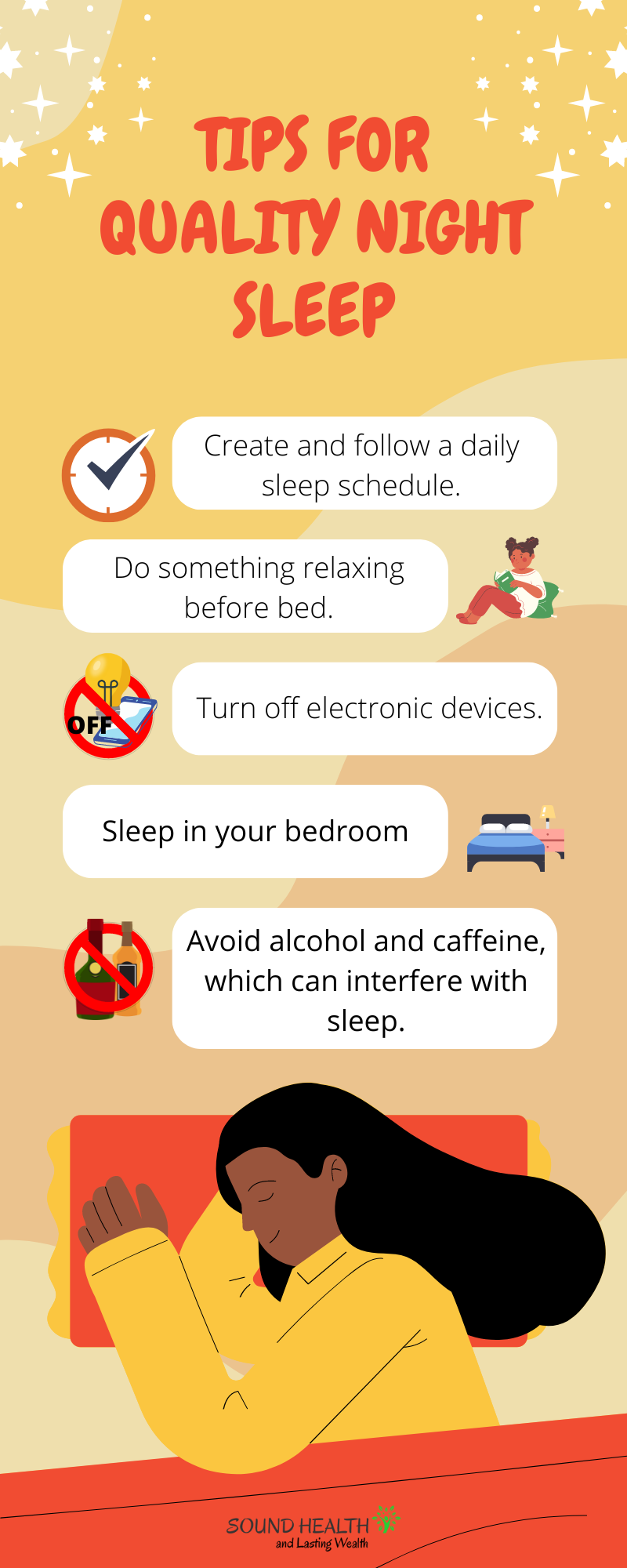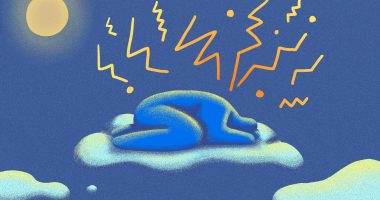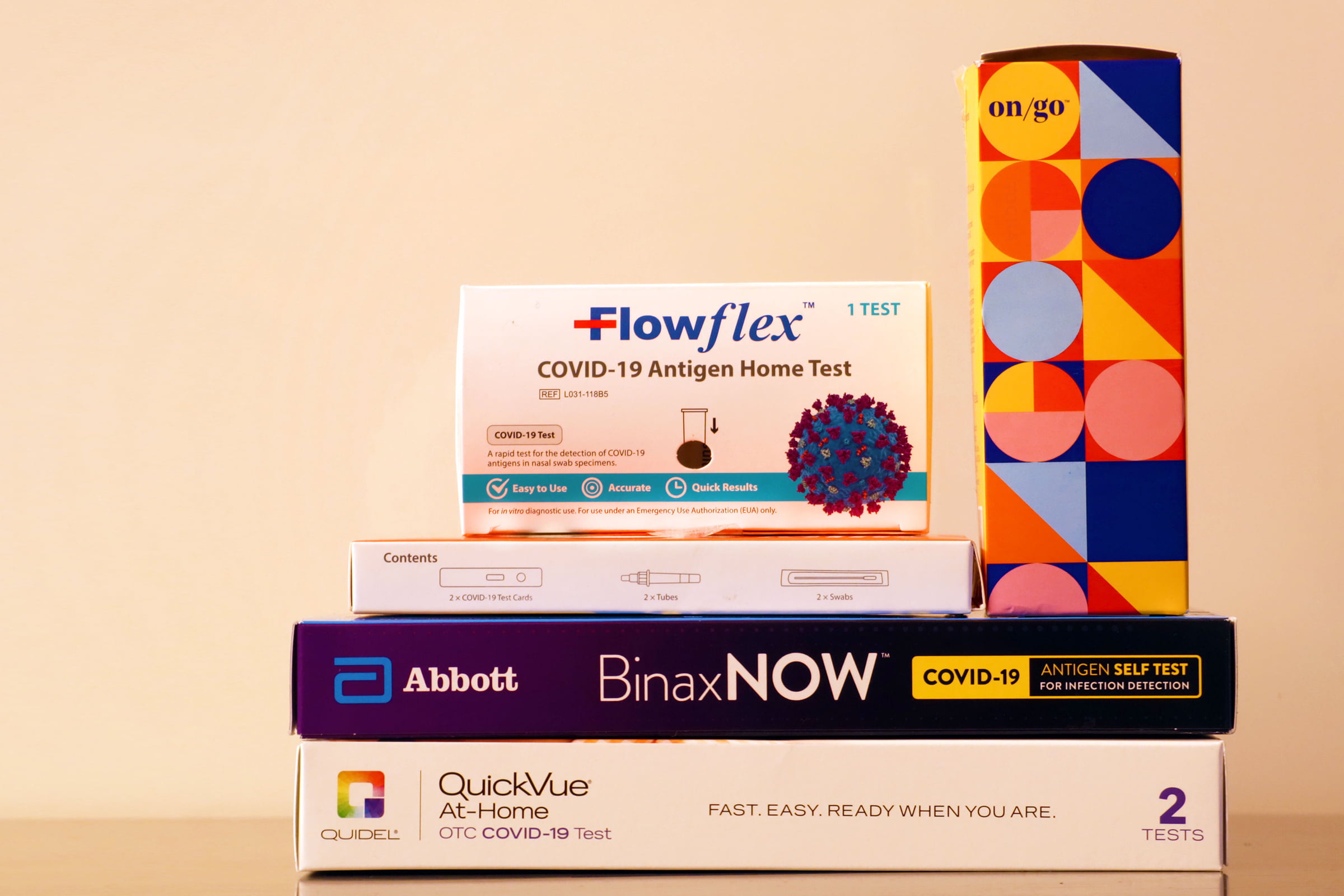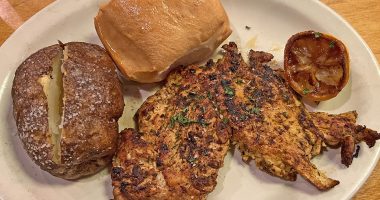Many people believe that eating before bed is a surefire way to sabotage their health and sleep. However, experts suggest that it’s not just about when you eat, but what you eat and how much. Understanding the nuances of nighttime eating can help you make informed choices that promote better health and restful sleep.

What Are the Health Effects of Eating Before Bed?
Eating before bed can have both positive and negative effects on your health. The impact largely depends on the type of food consumed, the portion size, and individual health conditions.
Positive Effects
- Prevents Nighttime Hunger: Eating a light snack before bed can prevent nighttime hunger, which may help you sleep better. A study published in The American Journal of Clinical Nutrition found that individuals who consumed a small snack before bedtime reported improved sleep quality compared to those who went to bed hungry.
- Promotes Sleep: Certain foods can promote sleep due to their nutrient content. For example, foods rich in tryptophan, such as turkey and dairy products, can help produce serotonin and melatonin, hormones that regulate sleep. Research indicates that consuming tryptophan-rich foods can enhance sleep quality and duration.
- Stabilizes Blood Sugar Levels: For individuals with diabetes or those prone to blood sugar fluctuations, having a small snack before bed can help maintain stable blood sugar levels throughout the night. This is particularly important for preventing nocturnal hypoglycemia.
Negative Effects
- Potential for Weight Gain: One of the most common concerns about eating before bed is weight gain. Consuming high-calorie foods late at night can lead to excess calorie intake and weight gain over time. A study in Obesity found that late-night eating was associated with higher body mass index (BMI) in adults.
- Increased Risk of Acid Reflux: Eating heavy or spicy meals right before bedtime can increase the risk of acid reflux or gastroesophageal reflux disease (GERD). Lying down after eating allows stomach acid to flow back into the esophagus, causing discomfort and disrupting sleep.
- Disruption of Sleep Patterns: Heavy meals or high-sugar snacks can disrupt sleep quality and patterns. Foods high in sugar may lead to spikes in energy levels, making it harder to fall asleep. A study published in Sleep Health found that individuals who consumed sugary snacks before bed reported poorer sleep quality.
Foods to Eat and Avoid Before Bed
Choosing the right foods is crucial for maximizing the benefits of nighttime eating while minimizing potential drawbacks.
Foods to Eat
Yogurt
Yogurt is a great source of protein and contains probiotics that support gut health. The calcium in yogurt may also help regulate melatonin production.
Nuts
Nuts like almonds and walnuts are rich in magnesium, which has been shown to improve sleep quality. A handful of nuts can provide a satisfying snack without being overly heavy.
Whole Grains
Whole grains such as oatmeal or whole-grain bread release serotonin, which promotes relaxation. They are also high in fiber, making them a filling choice.
Bananas
Bananas contain potassium and magnesium, both of which help relax muscles. Additionally, they are rich in tryptophan, making them an excellent pre-bedtime snack.
Foods to Avoid
High-Fat Foods
Foods such as fried items or fatty cuts of meat can take longer to digest and may lead to discomfort while sleeping.
Spicy Foods
Spicy foods can trigger heartburn or indigestion, disrupting your ability to fall asleep comfortably.
Caffeine-Containing Items
Avoid chocolate, coffee, or energy drinks close to bedtime as caffeine is a stimulant that can interfere with sleep patterns.
Guidelines for Eating Before Bed
To make nighttime eating beneficial rather than detrimental, consider these guidelines:
- Timing: Aim to finish eating at least 2-3 hours before bedtime. This allows your body enough time to digest food properly, reducing the risk of discomfort while sleeping.
- Portion Control: Keep snacks small—ideally under 200 calories—to avoid overwhelming your digestive system right before bed. Large meals can lead to discomfort and disrupt your sleep cycle.
- Mindful Eating: Avoid mindless snacking while watching TV or scrolling through your phone; focus on your food instead. Mindful eating helps you recognize when you’re full and reduces the likelihood of overeating.
How Do I Curb Nighttime Cravings?
Nighttime cravings are common but can be managed effectively with some strategies:
- Healthy Snack Options: Keep healthy snacks readily available so you’re less tempted by junk food. Fresh fruits, yogurt, or a small handful of nuts are great options.
- Hydration: Sometimes thirst is mistaken for hunger. If cravings strike at night, drink a glass of water first; this may help alleviate feelings of hunger without extra calories.
- Balanced Meals: Ensure dinner is satisfying enough by including protein, healthy fats, and fiber-rich carbohydrates. This will help reduce the likelihood of late-night snacking due to hunger.
- Behavioral Strategies: Identify triggers that lead to nighttime eating—such as stress or boredom—and find alternative activities like reading or meditating to occupy your mind during those times.

Conclusion
Eating before bed isn’t inherently bad; it largely depends on individual choices and habits. By following expert guidelines and opting for the right foods, you can enjoy a peaceful night’s sleep without sacrificing your health.
If you’re struggling with nighttime cravings or unsure about what snacks are best for you, consider consulting with a healthcare professional or nutritionist for personalized advice tailored to your needs.
Also Read | 7 Bad Habits Trainers Want You To Quit After 40










